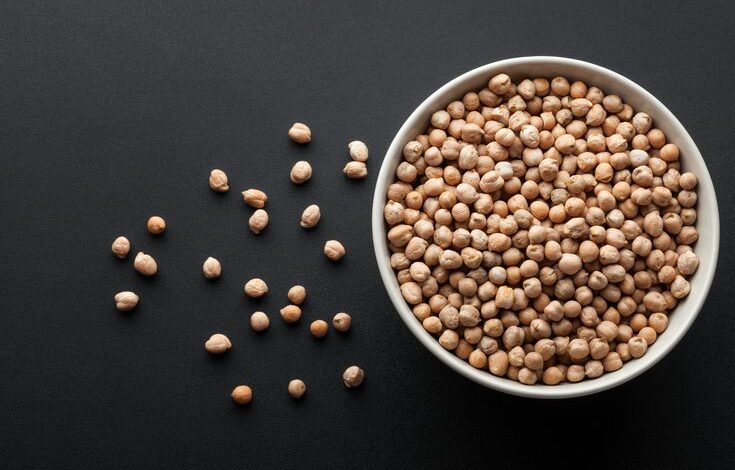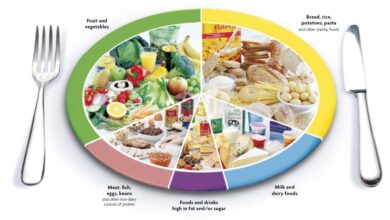Cooking Tips
Cooking Tips to Maximize Nutrient Content for Better Health

In our fast-paced lives, prioritizing health is more crucial than ever. One effective way to achieve optimal well-being is through mindful eating. By focusing on nutrient-rich ingredients and employing smart cooking techniques, you can transform your meals into powerful sources of vitality. Here are some cooking tips to help you maximize nutrient content for better health:
1. Choose Whole, Fresh Ingredients:
- Opt for fresh fruits and vegetables, whole grains, lean proteins, and healthy fats.
- Minimize processed and refined foods, as they often lack essential nutrients.
2. Vibrant Variety on Your Plate:
- Incorporate a colorful array of fruits and vegetables to ensure a diverse range of nutrients.
- Different colors often indicate various vitamins, minerals, and antioxidants.
3. Mindful Meal Preparation:
- Be mindful of how you prepare ingredients to retain their maximum nutritional value.
- Steam, sauté, or grill vegetables instead of boiling to preserve water-soluble vitamins.
4. Balance Your Macronutrients:
- Include a balance of carbohydrates, proteins, and healthy fats in each meal.
- This balance supports sustained energy levels and overall nutritional completeness.
5. Utilize Healthy Cooking Oils:
- Opt for oils like olive oil, avocado oil, or coconut oil for cooking.
- These oils contain heart-healthy fats and can add a rich flavor to your dishes.
6. Limit Added Sugars and Salt:
- Minimize the use of refined sugars and excessive salt in your recipes.
- Explore natural sweeteners like honey or maple syrup and enhance flavors with herbs and spices.
7. Preserve Nutrients with Gentle Cooking Methods:
- Use lower temperatures when cooking to preserve heat-sensitive nutrients.
- Consider methods like steaming, stir-frying, or baking to maintain the integrity of your ingredients.
8. Include Plant-Based Proteins:
- Integrate plant-based protein sources such as beans, lentils, and quinoa into your meals.
- These alternatives provide essential nutrients without the saturated fats found in some animal products.
9. Experiment with Herbs and Spices:
- Enhance the flavor of your dishes with herbs and spices, which often have additional health benefits.
- For example, turmeric has anti-inflammatory properties, and garlic supports heart health.
10. Opt for Whole Grains:
- Choose whole grains like brown rice, quinoa, and whole wheat over refined grains.
- Whole grains are rich in fiber, vitamins, and minerals.
11. Practice Portion Control:
- Be mindful of portion sizes to avoid overeating.
- Balancing your plate with appropriate portions ensures a diverse intake of nutrients.
12. Include Superfoods in Your Diet:
- Incorporate nutrient-dense superfoods like kale, blueberries, and salmon into your meals.
- These foods are packed with vitamins, minerals, and antioxidants.
13. Stay Hydrated:
- Water is essential for digestion and nutrient absorption.
- Ensure you stay adequately hydrated throughout the day to support overall well-being.
14. Plan and Prep Ahead:
- Plan your meals in advance to make healthier choices.
- Prepping ingredients ahead of time can also save you from resorting to less nutritious options on busy days.
15. Listen to Your Body:
- Pay attention to hunger and fullness cues.
- Eating intuitively can help you maintain a healthy relationship with food and support your nutritional needs.
By incorporating these cooking tips into your daily routine, you can transform your kitchen into a hub of health. Remember, small changes can make a significant impact over time. Make conscious choices, savor your meals, and enjoy the journey towards a healthier, more nourished you.




